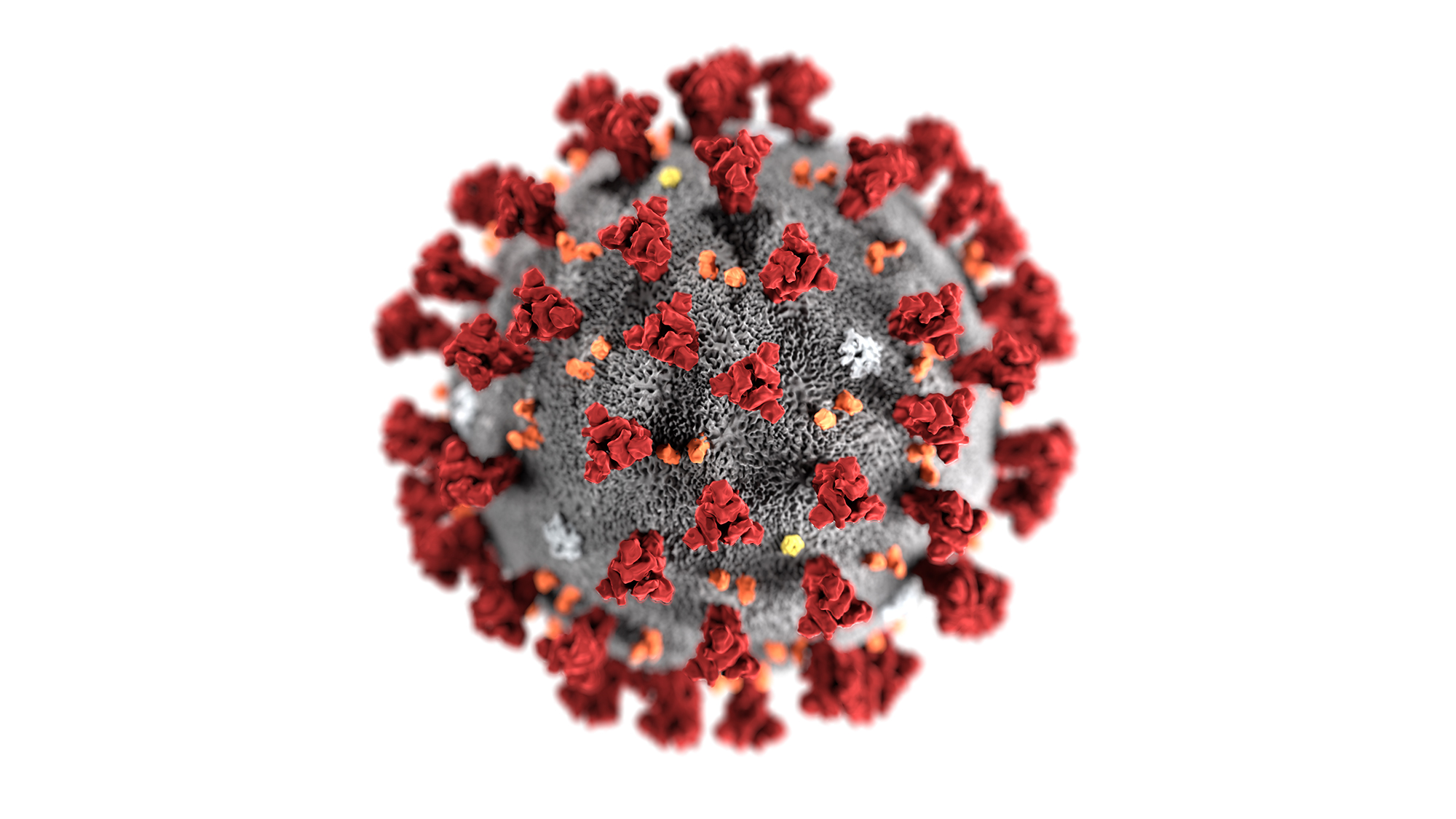Is it or isn’t it? Is that the question?
Here’s a scenario that may be all too familiar: The teacher or principal calls to say your Johnny (or Jane) can’t focus in class and should get tested for ADHD. They say he probably needs medication.
Red lights go off in your head. Meds? My kid? It’s not his fault that the teacher can’t control the class, or the lesson isn’t interesting enough to hold his attention. Why should my kid be stigmatized? Besides, he can focus – as long as he wants to. Just watch him hyperfocus on his computer games, for hours at a stretch! You call that a deficit?
The world of ADHD can be very confusing. There’s the hyperactive type, the inattentive type and the combined type. It may come with insomnia, or dyslexia, with anger issues, behaviour problems or mood swings. It may come with signs of ODD, OCD, Autism or Aspergers. Or it may not.
Most doctors will listen to your story for all of five minutes before prescribing a pill. Some will send you for a full-blown psychoeducational assessment (about $3,000) and then give you a pill.
And to make things even more complicated, there are strong and serious voices in the medical world that say there is no such medical condition as ADHD and that psychiatry should get out of the diagnosis business altogether.
That’s the view, for example, of Dr. Allen Francis, the editor in chief of the DSM-IV, the authoritative tome that for decades served as ‘the Bible of Psychiatry’. His reasoning is that these conditions are not diseases – after all there is no virus or bacteria you can do a blood test for. There is just the collection of symptoms.
So what are those symptoms?
The three main symptoms are distractibility, restlessness and impulsivity.
Distractibility is when every interruption gets you off track, be it something you see, hear, or think.
Restlessness is when you are fidgety and you can’t sit for long without shifting position, getting up, or walking around.
Impulsivity is when you act on the spur of the moment, blurt out whatever you are thinking and fail to think things through.
Typical secondary symptoms are things like constant procrastinating, or being messy, disorganized, anxious, moody, or lonely.
If your child has a lot of these symptoms, they may have ADHD, or more accurately they have the symptoms that could get them an ADHD diagnosis – whether or not they really have such a condition.
The bottom line is that these symptoms get in the way of happiness and success and those are things that you and your child deserve.
Maxi Mind exists to help you get those symptoms under control – without medication – in just a few months.






